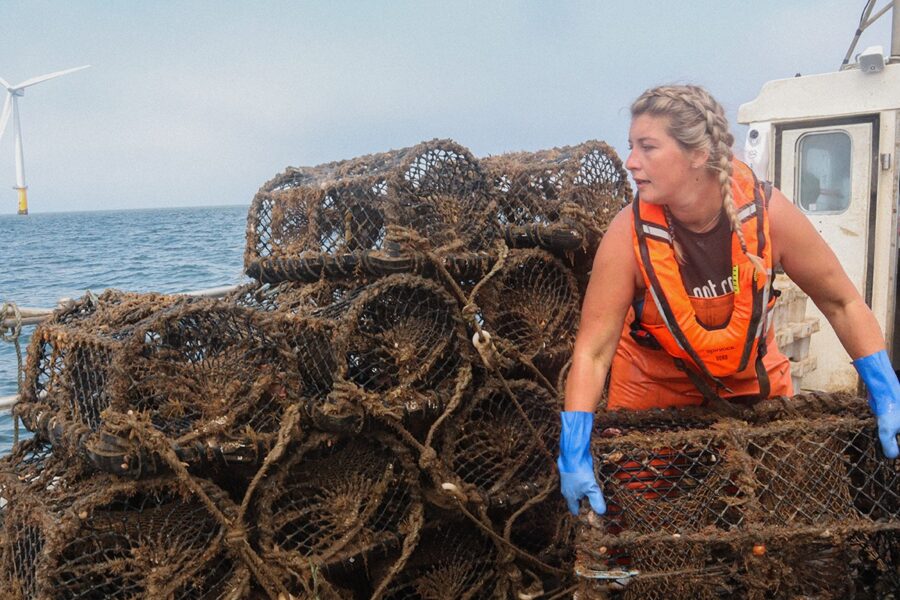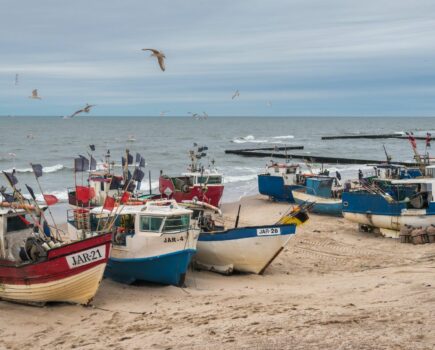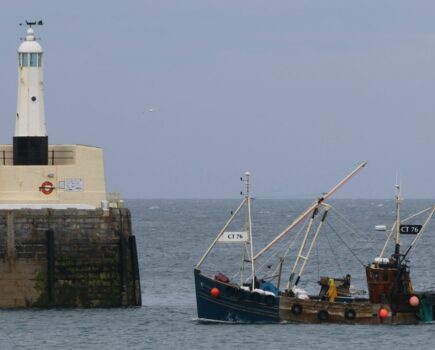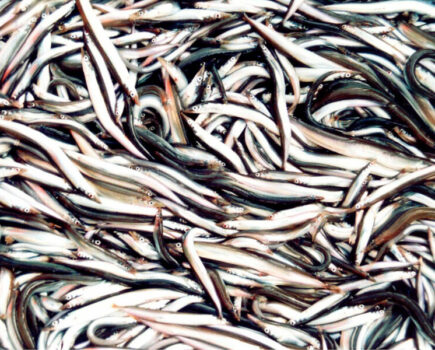One year ago, The Seafarers’ Charity published its landmark report ‘Fishing Without a Safety Net’, exposing the invisible financial and mental health struggles of small-scale coastal fishers.
A bespoke programme of support called ‘The Safety Net’ has now been launched, and the charity is calling on the government to ensure every fishing family receives the financial and welfare support it needs.
The Seafarers’ Charity, having invested £130,000 in grant funding and fostered working partnerships with maritime welfare charities and the industry, has delivered on a number of the report’s recommendations under The Safety Net programme. Its launch last month represented a significant milestone in the charity’s ambition of bolstering the welfare and financial resilience of small-scale fishers.
Central to this is the new The Safety Net website, a ‘one-stop- shop’ packed with bespoke information for the fishing community on personal savings, budget planning, credit choices, debt advice, and relationship and mental health support. Acting on one of the report’s key recommendations, a bespoke package of financial services tailored to fishers’ needs has been developed in collaboration with Commsave Credit Union.
Improving financial capability is a key component of The Safety Net, with the aim of empowering fishers to become independent in making financial decisions. New entrants to the industry can now access a money management training course delivered by Seafish approved training providers, which has been crafted by The Money Charity to suit the challenges of self-employed share- fishers.
A well-received webinar held in October trained fishing ‘champions’ – those with personal or professional relationships to the industry – to offer informal, peer-to-peer support and information about financial choices and free resources for fishers.
With a number of the ‘Fishing Without a Safety Net’ report recommendations having been delivered by The Safety Net programme, The Seafarers’ Charity is now looking to the government to enact fundamental policy changes to improve the welfare of the fishing community.
Among the recommendations for government are the implementation of a national action plan for each of the four nations, to aid the social, environmental and economic development of coastal communities and ensure the resilience of small-scale coastal fishing, and the advancing of apprenticeship schemes to attract new entrants to the industry.
The report also called on HMRC to introduce a scheme to help self-employed and non-PAYE fishers better manage tax and National Insurance payments. Noting that few fishers are saving for retirement and many continue to work long after it is safe, it is also suggested that the workplace pension scheme afforded to PAYE workers be mirrored for fishers – for example, by the government acting as ‘de facto’ employer.
Catherine Spencer, the charity’s CEO, said: “It’s been a tremendously rough few years
for fishers, and The Seafarers’ Charity has provided various grant awards to support the fishing community through these times. However, more needs to be done to help fishing families to weather economic storms in the future.
“We have been working hard to deliver on the recommendations set out in the ‘Fishing Without a Safety Net’ report, driving through a range of resources that will help fishers better manage their money and transform their access to financial services. The Safety Net has been developed together with industry leaders, and we are incredibly grateful for their involvement in this pivotal work.
“We now call on government to work in partnership with us to move forward the policy recommendations.”
You can find out more about The Safety Net at the All Party Parliamentary Group on Fisheries’ upcoming online event on Financial Resilience in Fishing Communities. The event will take place on Tuesday, 30 November from 10-11.30am here.
This story was taken from the latest issue of Fishing News. For more up-to-date and in-depth reports on the UK and Irish commercial fishing sector, subscribe to Fishing News here or buy the latest single issue for just £3.30 here.








